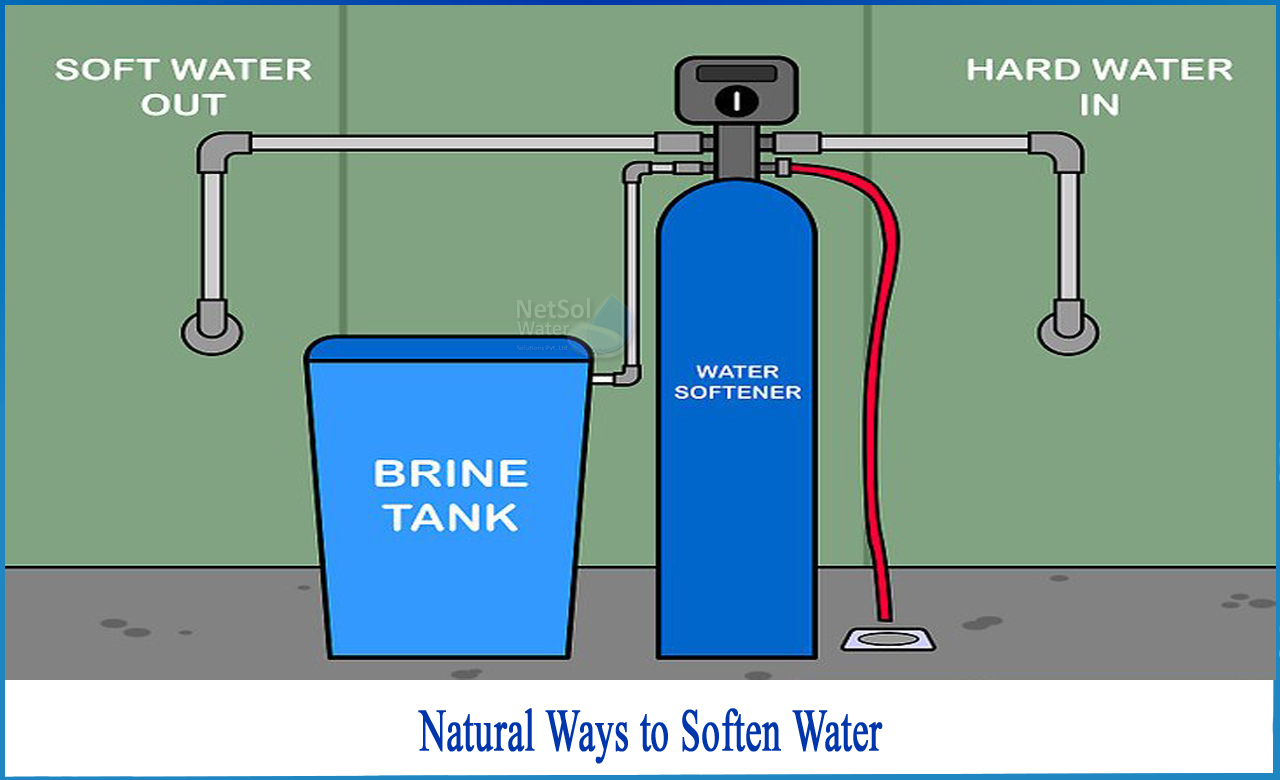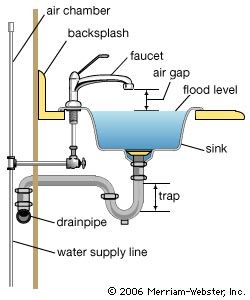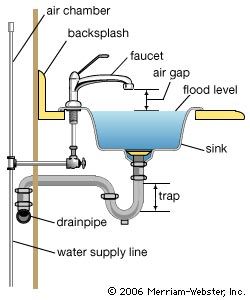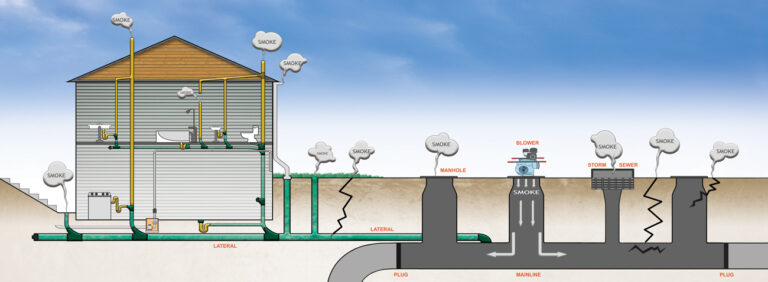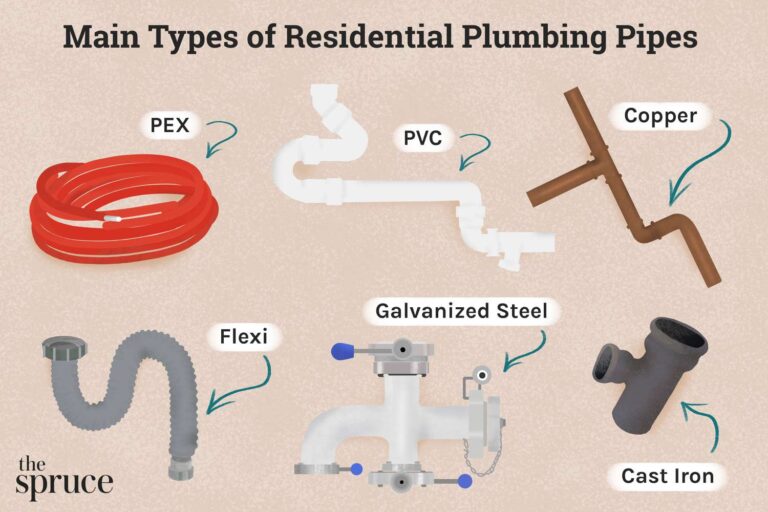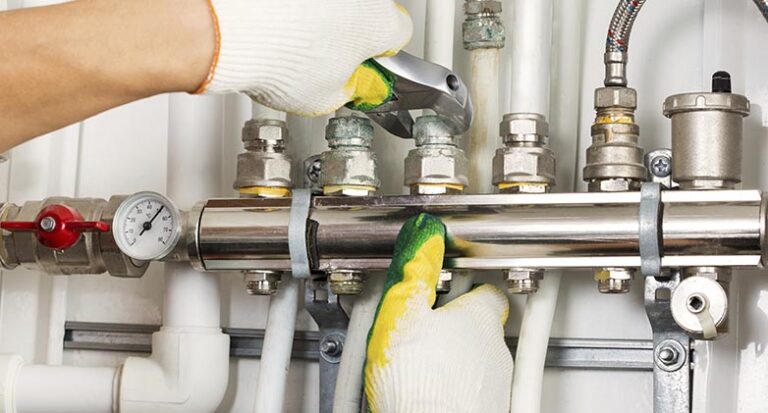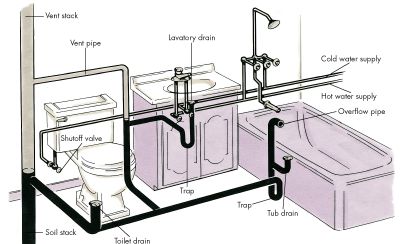How Can I Soften Water At Home?
Soften water at home is a simple process that can help improve the quality of your drinking water and reduce the buildup of scale and other minerals in your plumbing system. There are several methods for softening water, such as using a water softener, adding a descaling agent, or boiling the water. Each of these methods has its advantages and disadvantages, so it is important to understand the pros and cons of each method before making a decision. Regardless of which method you choose, softening your water can help improve the quality of your water and improve the efficiency of your plumbing system.
What is Hard Water?
Hard water is simply water that has a high mineral content, which can make it difficult for soap to lather and can leave a chalky residue on surfaces. Hard water can be found anywhere in the world, but is especially common in areas with limestone bedrock or in areas where rivers and streams are shallow. Hard water can be a nuisance, but luckily there are a few simple ways to soften it.
The most common cause of hard water is the presence of calcium and magnesium in the water. When these minerals are dissolved in water, they form a calcium-magnesium carbonate that can bind to surfaces, making them difficult to clean. Additionally, hard water can cause scale deposits to form on fixtures, pipes, and water-using appliances, which can reduce their efficiency.
Fortunately, there are several methods to soften hard water. One common method is to use a water softening system, which works by exchanging the calcium and magnesium ions in the water with sodium ions. This process is known as ion exchange and produces soft water that is free of scale deposits. Additionally, some people choose to install a water softener to their home plumbing system, which uses a variety of techniques to make hard water soft.
Hard water can be a nuisance, but there are a few simple methods to soften it. Whether you choose to install a water softener to your home plumbing system, use a water softening system, or rely on natural filtration methods, you can rest assured that your water will be free of scale deposits and easy to clean.
Benefits of Soft Water
Soft water has many advantages for homeowners. It can improve the lifespan of appliances, reduce energy bills, improve hygiene, and lead to softer clothes. Soft water is less abrasive and contains fewer minerals, making it gentler on the skin and hair. It also helps reduce the amount of soap and detergent needed for washing which can help save money. Soft water makes it easier to rinse away soap residue which can help prevent skin irritation, and it can make clothes last longer and look brighter. Soft water can also help reduce the build-up of limescale in pipes which can cause damage and blockages. All these advantages make soft water a great choice for households.
Common Methods of Softening Water
Soft water is essential for many household appliances and everyday tasks, such as washing clothes, bathing, and cleaning dishes. If you find that your tap water is hard, you may want to consider softening it. There are several methods for softening water at home, and they all have their own advantages and disadvantages.
One common method is to use a water softener, which is essentially a tank that is filled with ion exchange resin beads. When the hard water flows through the tank, the minerals present in the water are exchanged with sodium ions. This process removes the calcium ions, magnesium ions, and other minerals that cause water hardness. Water softeners are relatively inexpensive and easy to install, but they do require regular maintenance and refilling of the resin beads.
Another method for softening water is to use a reverse osmosis system. This system works by pushing the hard water through a semipermeable membrane, which removes the minerals and other particles from the water. Reverse osmosis systems are more expensive than water softeners, but they are also more efficient and require less maintenance.
Finally, a third option is to use a chemical water softening system. This system works by adding a special solution to the hard water that binds with the minerals and other particles, making them easier to remove. Chemical water softening systems are also relatively inexpensive, but they are not as effective as the other two methods.
Overall, there are several different methods for softening water at home. Depending on your budget and needs, any one of these methods could be a suitable option for your home.
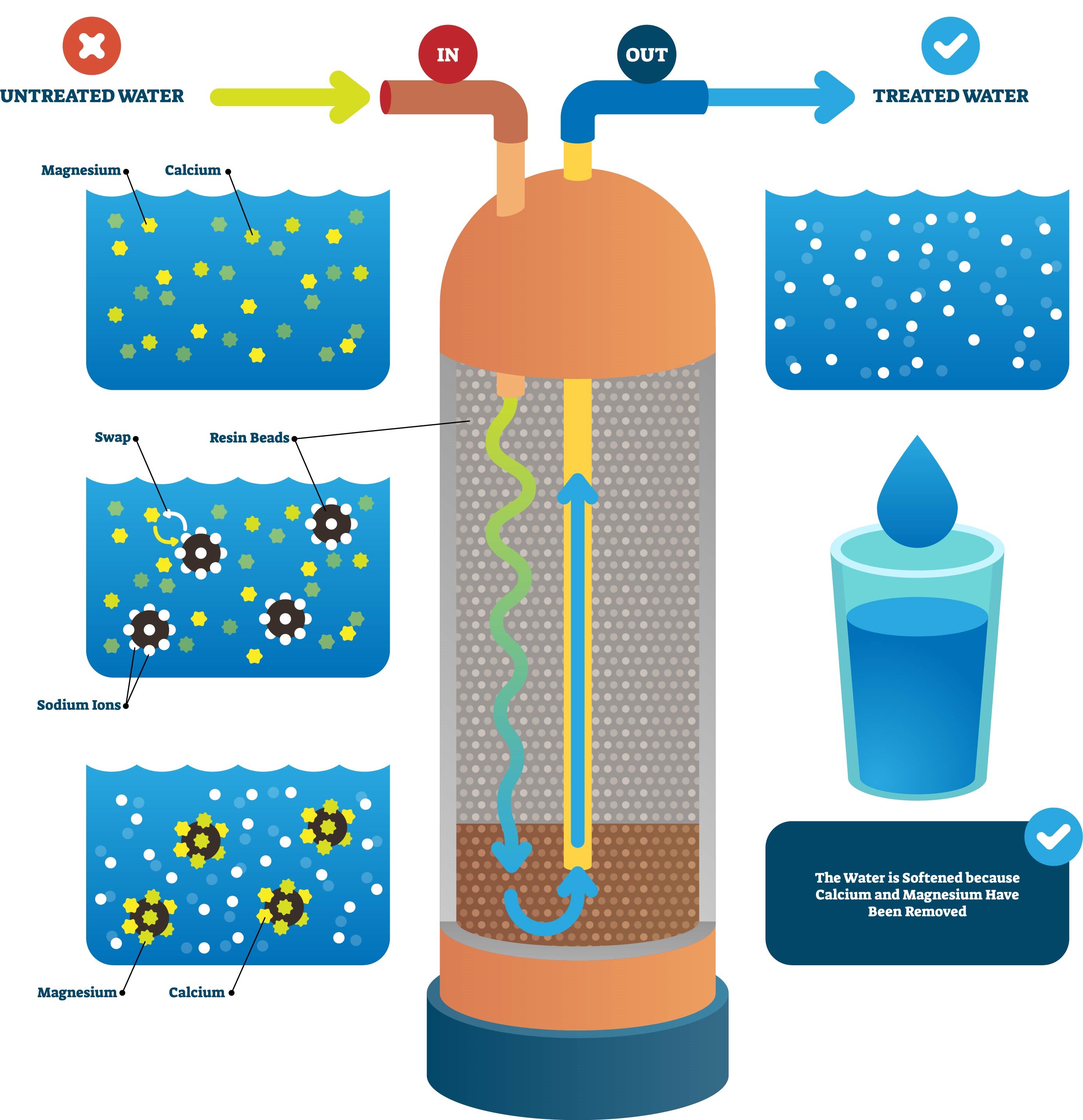
DIY Solutions for Softening Water
Do you have hard water in your home and want a simple solution to make it softer? You don’t have to invest in an expensive water softening system. There are a few DIY solutions you can use to soften the water yourself.
One of the easiest ways to soften water is to add a water-softening agent. These agents are usually available in the form of salts. When added to water, they help to soften it by converting hard minerals into liquid form. You can also purchase a water filter system that will help remove the minerals from your water.
Another DIY solution is to install a water softener, which is a device that uses an ion exchange process to remove the hard minerals from the water. This process will leave you with soft water that is free from harmful minerals.
Lastly, you can use a reverse osmosis system to remove minerals from the water. This system works by forcing the water through a membrane that traps the hard minerals on one side and allows the clean, soft water to pass through to the other side.
These are just a few of the DIY solutions you can use to soften your water at home. While these solutions may not be as effective as a professionally installed water softening system, they are a great way to get soft water without having to spend a lot of money.
Maintenance Tips for Softening Water
Softening water at home can be an arduous task, but with the right maintenance, you can make sure that your water is softened and remains that way. Implementing a few of these easy maintenance tips can help you keep your water soft and free of minerals that can cause damage to your home and appliances.
First, make sure to check the salt levels in your softener regularly. Low salt levels can lead to hard water, so it’s important to check your system frequently and replenish the salt as needed. Additionally, it’s also important to clean your softener on a regular basis. Over time, dirt and sediment can build up and cause your softener to become less effective. Regularly cleaning your softener can help it run more efficiently.
Finally, it’s important to check your pipes and faucets for buildup. Hard water deposits can accumulate on the inside of your pipes and faucets, reducing water flow and clogging your system. Check your pipes and faucets regularly, and if you notice any buildup, use a vinegar and baking soda solution to clean it away.
By following these maintenance tips, you can ensure that your home’s water is softened and stays that way. With regular maintenance, you can keep your home’s water soft and free of damaging minerals.
Troubleshooting Water Softening Issues
Having hard water can be extremely frustrating, especially when it comes to day-to-day tasks such as washing dishes, doing laundry, and taking showers. If you’re looking for a solution to soften your water at home, there are several ways to go about it. But before you get started, you should first troubleshoot any current issues.
For starters, if your water softener isn’t working properly, it could be due to a buildup of mineral deposits. To fix this, you should try cleaning out the mineral deposits by using a special cleaner or flush system. Additionally, you should check the settings of your water softener to make sure they are properly adjusted. If they aren’t, then it could be preventing your water from being properly softened.
Another issue that could be preventing your water from being softened is a clogged filter. To fix this, you should replace the filter regularly, as well as perform regular maintenance on your water softener. This could include cleaning the brine tank, replacing the resin beads, or checking the valves.
Finally, if your water softener isn’t producing softer water, it could be due to a lack of salt. Check the salt levels in your water softener and add more if needed. If your water softener is still having problems, then you may need to consider replacing it altogether.
These are just a few of the issues that could be causing your water to remain hard. To ensure that your water is softened properly, it’s important to troubleshoot any issues before taking further action. By doing this, you can ensure that your water is soft and free of any mineral deposits.
FAQs About the How Can I Soften Water At Home?
Q1: What are the benefits of softening water at home?
A1: Softening water at home can help to reduce scaling and buildup on appliances and fixtures, decrease energy costs, and improve the taste and smell of your water.
Q2: How do I soften my water at home?
A2: There are several methods that can be used to soften water at home. These include installing a water softener, using a water filter, or adding a salt-based product to your water.
Q3: What are the drawbacks of softening water at home?
A3: Softening water at home can increase the sodium content of your drinking water, which may be a concern for people with high blood pressure. Additionally, softened water may require additional maintenance, such as regular filter changes or salt refills.
Conclusion
Overall, softening water at home is a simple and cost-effective way to make your water safer and more pleasant to use. With the right equipment, you can easily install a water softening system in your home. This system can help reduce the amount of scale buildup in your pipes and appliances, while also eliminating harsh chemicals and minerals from your water. Additionally, there are several DIY methods you can use to soften your water such as boiling, reverse osmosis, and adding baking soda. By taking the time to soften your water, you can make a significant difference in the quality and taste of your water.

